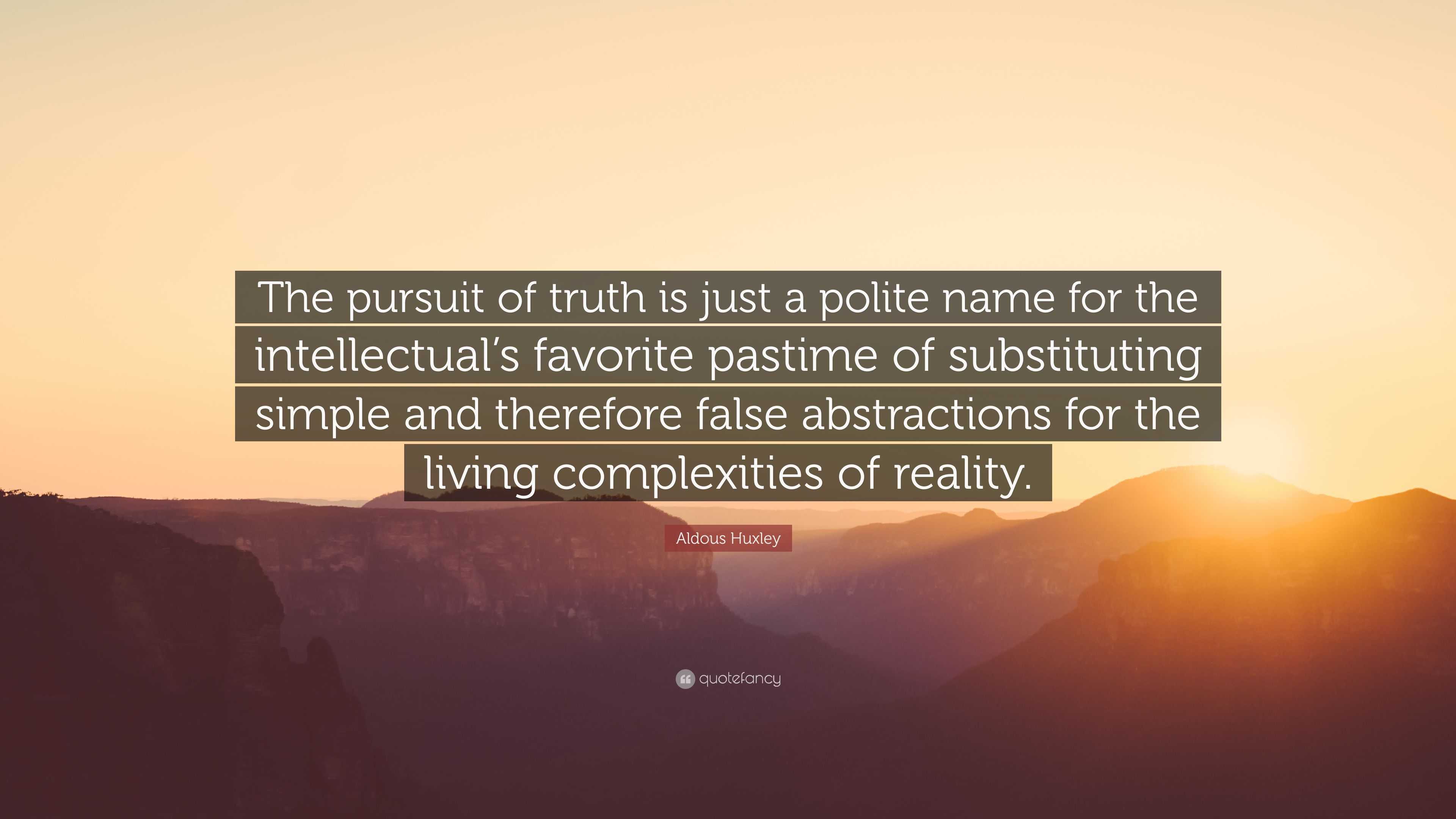

Thus, when Donald Trump was parroting the “Birther” conspiracy back in 2013, which posited that Barack Obama was a closeted Muslim who was born in Kenya, it was not an obvious falsehood, because millions of Americans believed it to be true. In other words, facts are now opinions and there is no such thing as objective truth. There's no such thing, unfortunately, anymore as facts.” Everybody has a way of interpreting them to be the truth, or not truth. “People that say facts are facts - they're not really facts,” remarked Trump surrogate Scottie Nell Hughes earlier this month, while seemingly describing the philosophy of Trumpism. “Everybody has a way - it's kind of like looking at ratings, or looking at a glass of half-full water. (Needless to say, not all sides are equally delusional,) To put it another way: In our increasingly tribalistic political landscape, each side or faction lives in its own separate reality, where it feels not merely entitled to its own opinions, but increasingly to its own facts as well. Consequently, it can be difficult at times to know what to believe or who to trust.ĭepending on whether you’re a Trump partisan or a Clinton partisan, a Democrat or a Republican, a conservative or a liberal - and so on - you may or may not believe that the Russian government interfered in the 2016 presidential election, as the CIA has alleged, or that the John Podesta emails that WikiLeaks released during the election were falsified. Depending on whether you get most of your news from cable networks or YouTube channels, you may or may not think that Donald Trump is a Manchurian candidate under the control of Vladimir Putin, or that Hillary Clinton has Parkinson’s disease and was planning on taking everyone’s guns away once elected president. And, of course, depending on who you follow on Twitter or Facebook or Gab - the alt-right alternative to Twitter - you may or may not believe that Clinton lost the election because of the Green Party’s Jill Stein, or that widespread voter fraud cost Trump the popular vote, or that climate change is a hoax, or that crime is out of control in America, or that Trump was institutionalized in a mental hospital in 1990. On and on it goes. More than 70 years after Orwell recorded this entry in his diary, intellectual dishonesty and partisan hackery seem to be just as pervasive in contemporary America as in mid-20th century Europe.

What is most striking of all is the way sympathy can be turned on and off like a tap according to political expediency.įor anyone who has just lived through the 2016 election, these words may feel like they could have been written today. … Everyone is dishonest, and everyone is utterly heartless towards people who are outside the immediate range of his own interests. When I talk to anyone or read the writings of anyone who has any axe to grind, I feel that intellectual honesty and balanced judgement have simply disappeared from the face of the earth. In a diary he kept in 1942, the novelist and essayist George Orwell recorded the disgust he felt for his contemporaries and the political discourse of his day, which was pervaded by intellectual dishonesty and callous partisanship:


 0 kommentar(er)
0 kommentar(er)
